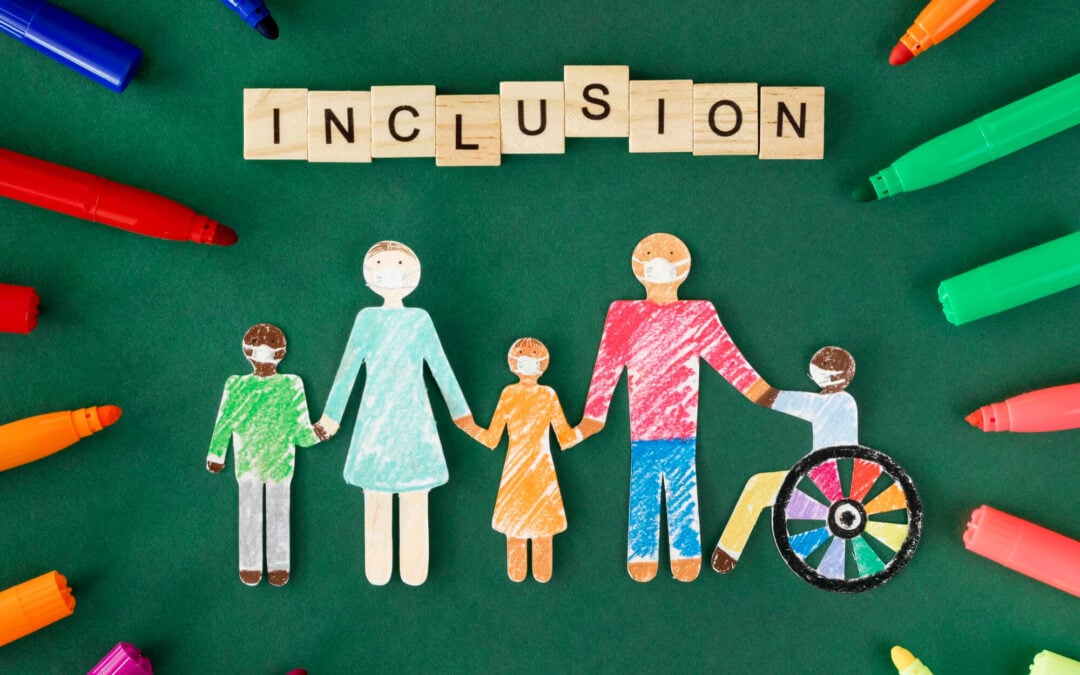Let’s start with a simple question: what is an educational psychologist, and why should you care? After all, most people hear “educational psychologist” and picture someone in a lab coat, writing endless reports, and being an expert at decoding Rorschach inkblots. While those things can be part of the gig, there’s a lot more to it.
So, grab your favorite coffee (or maybe tea if you’re feeling fancy), and let’s dive into the world of educational psychology—and why it’s a total game-changer for your child’s learning journey.
First Things First: Educational Psychologist vs. School Psychologist
It’s easy to get these two mixed up. They sound similar, and both work with kids, so what’s the difference?
An educational psychologist (like me) typically works with individuals and families in private practice, while a school psychologist usually works within the school system. The big difference? Educational psychologists often conduct in-depth assessments, provide tailored interventions, and collaborate with families, while school psychologists focus more on supporting the school environment overall (think behavioral issues, mental health, and academic support).
Here’s What I Actually Do:
- I Help You Understand How Your Child Learns
Kids are all unique. Some learn best through pictures, some through sound, and others need their hands in the dirt to really grasp a concept (looking at you, future engineers). But how do you figure that out?
That’s where I come in. Using a mix of tests, observations, and collaboration with teachers, I assess how your child processes and retains information. The goal? To help them thrive in a way that makes sense for them. This isn’t about labeling kids; it’s about discovering their strengths and figuring out how to turn those into academic success. - I Decode Learning Differences (Yes, Even Dyslexia & ADHD)
Is your child struggling with reading, writing, or staying focused in class? Educational psychologists are like detectives—except instead of magnifying glasses, we use well-researched assessment tools.
Whether it’s dyslexia, ADHD, anxiety, or executive functioning issues, I can identify learning differences and create strategies that help kids succeed. We might use specialized interventions or suggest some adjustments at school—whatever helps them unlock their potential. - I Provide Support for Special Education Needs
Got an IEP (Individualized Education Plan) or a 504 plan? You’re probably already familiar with this school-based process. But did you know that an educational psychologist can help you navigate the maze of paperwork and meetings?
I can assist in ensuring your child’s needs are met with evidence-based recommendations, so they can have the most supportive learning environment possible. - I Help Parents, Teachers, and Kids Work Together
Education is a team sport. And as an educational psychologist, I’m like the coach who gets the team on the same page.
I work with parents, teachers, and other professionals to develop strategies that address a child’s academic and emotional needs. This might mean training teachers to implement specific classroom strategies or offering you tips on how to support your child’s learning at home. - I Provide Counseling and Emotional Support
The world of education isn’t just about tests and grades; it’s also about emotional and psychological well-being. I offer counseling services to help children cope with anxiety, stress, social difficulties, and other emotional hurdles that may impact their learning. Kids who feel better emotionally are often more successful academically. It’s all about that mind-body connection!
Why You Should Care:
You might be thinking, “Okay, cool… but why should I hire an educational psychologist when my child’s school already has a team of specialists?”
Here’s the thing: Schools can be amazing, but they’re often working with large groups of kids and limited resources. Educational psychologists are able to offer more individualized, in-depth support that goes beyond the classroom. Plus, we’re there for you as a family, not just for the child’s school environment.
If your child isn’t reaching their full potential, an educational psychologist might just be the missing puzzle piece.
So, in a nutshell: an educational psychologist is like a mix between a learning detective, a coach, a counselor, and a personalized academic planner—helping your child be their absolute best, both academically and emotionally. If you’ve got a child who’s struggling (or just needs a little extra support), having someone with expertise on your side can make all the difference.
And hey, if you’re reading this thinking, “I could really use a chat about my child’s learning journey”—don’t worry, I’ve got you covered. Let’s make that first step toward a brighter future.
P.S. Still confused about what an educational psychologist does? Drop a comment below, and let’s talk it out. You’re not the only one asking, I promise!

